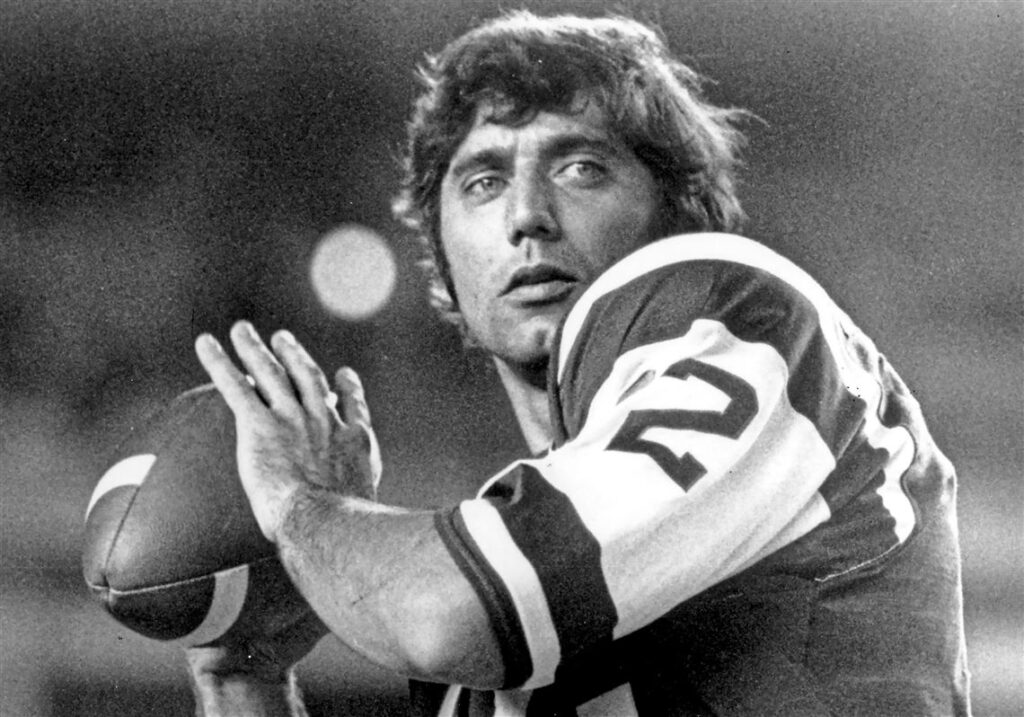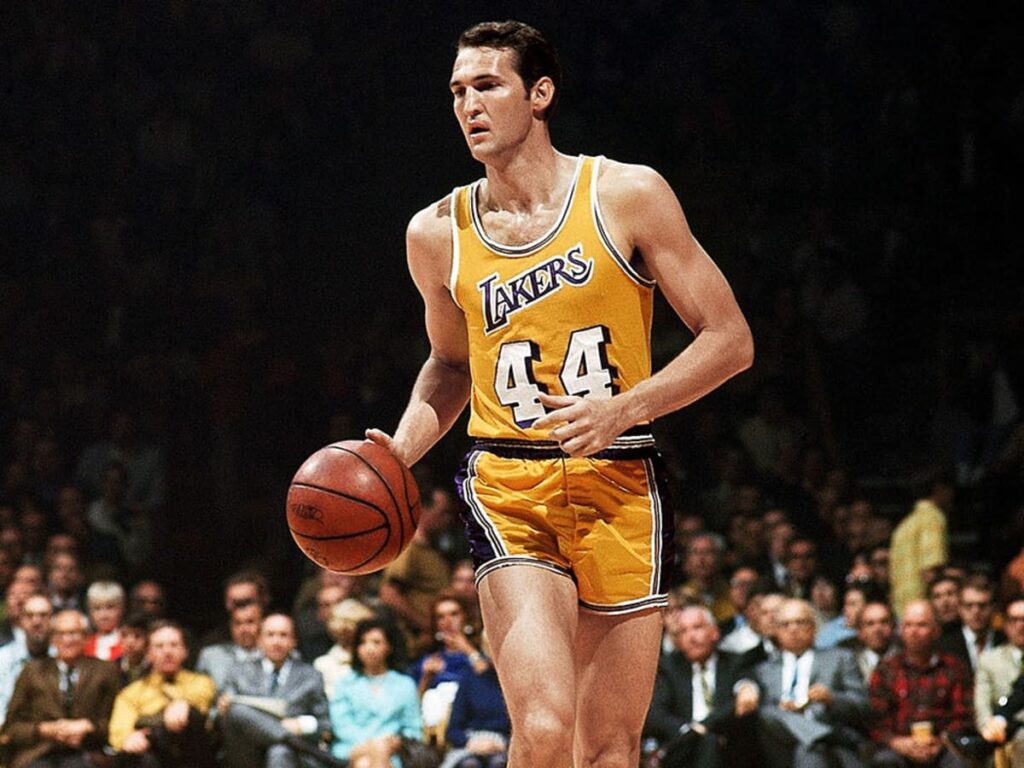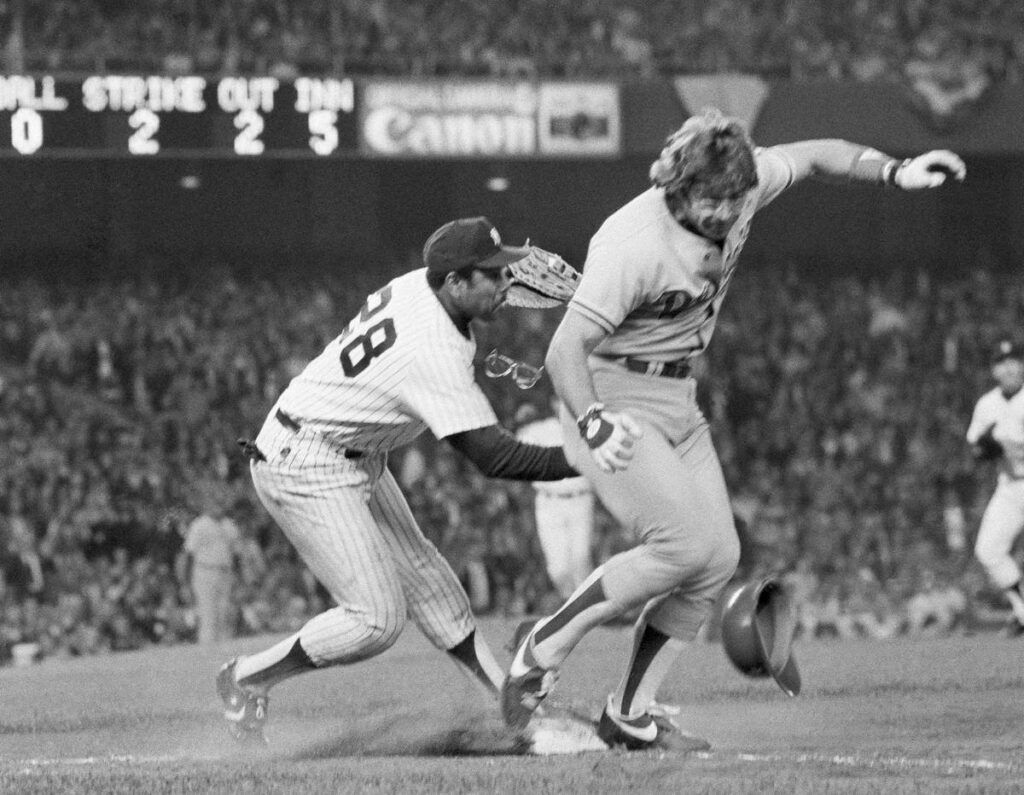Choosing a most valuable player of a single champion or championship series is something that isn’t always clear-cut. Everyone has their own definition of what makes a player valuable. Sometimes, voters will choose sentiment over which player actually deserves the award.
Other times, the reasons are unclear even to the person that wins it. According to Stanley Cup Odds, not many would have considered Scott Stevens for the winner of the Conn Smythe Award in 2000. Stevens recorded 11 points in 23 games during the 2000 postseason and averaged 25 minutes of game time. While Stevens did score two-game winning goals, he didn’t have many other offensive contributors.
But arguing about MVPs is low-hanging fruit. Typically, teams that win shouldn’t be overly concerned about which individual player had the best performance. Although, sports bettors often lay big money on championship series, they are often concerned about which player gets voted MVP. Here’s a list of players who likely weren’t the best choice for MVP.
Although in a few cases, their winning likely cashed a lot of betting tickets.
Joe Namath, Super Bowl III

Source: rackcdn.com
The New York Jets’ victory in Super Bowl III made the AFL more legitimate in the eyes of many neutral football observers. If the Jets were going to win as 17-point underdogs, many would have thought it would have been due to the excellent passing of the now Hall-of-Fame Namath, however, Broadway Joe wasn’t really the star of the day for the Jets.
Namath passed for 206 yards with no touchdowns or interceptions and completed 17-of-28 passes. His selection was due to several factors among early votes. Positional bias was key as in the first four Super Bowls, the quarterback of the winning team was selected as MVP.
However, running back Matt Snell likely deserved the Jets in a 16-7 win. Snell rushed for 121 yards on 30 carries and scored New York’s only touchdown. George Sauer Jr. also led the Jets with 133 receiving yards on eight catches.
Snell receiving fewer votes also could have come from the racial issues of the time. A black player wouldn’t be named Super Bowl MVP until Franco Harris was chosen during Super Bowl IX. There is also a lot of buzz about Namath guaranteeing the victory in the lead-up to the game.
While Namath was often renowned for his conviction, predicting the team would win the game ahead of time shouldn’t have had any influence on votes.
Jerry West, 1969 NBA Finals

Source: si.com
The logo didn’t have much winning championships during his time with the Los Angeles Lakers. Stuck behind the dynastic Boston Celtics left everyone in the organization looking for solutions. Jerry West nearly carried Los Angeles to the 1969 championship by himself.
West scored 37.9 points per game, which was more than double the Lakers’ second-best scoring option Elgin Baylor, who averaged 18.0 points per game. However, West’s heroics ended up meaning little. Los Angeles blew a 3-2 lead and lost the seres with a 108-106 loss in Game 7.
Despite West turning in a masterful performance, it brings up a debate on if a player on a losing team deserves to be MVP. West, who played for the Lakers from 1960 to 1974, would win his lone championship in 1972. During nine career NBA Finals appearances, West would finish 1-8.
Steve Yeager, Los Angeles Dodgers 1981

Source: reviewjournal.com
A strange year in Major League Baseball history ended with a bizarre decision for World Series MVP. Three Dodgers — Ron Cey, Pedro Guerrero and Steve Yeager — were selected as co-MVPS for the first time in history following Los Angeles’ six-game triumph over the Yankees. Yeager’s inclusion was bizarre in a weird year for MLB.
The reason 1981 was strange was because labor disruptions forced MLB to try a different format for the postseason. The league determines playoffs in a split-season style, where playoff participants were chosen based on where they finished in the first and second half of the year. Yeager didn’t have a bad World Series for the Dodgers, but his stats compared to his two peers he was chosen alongside.
Yeager hit .286 and had two home runs in the series. Cey hit for a .350 average and drove in six runs, while Guerrero hit .333, homered twice and drove in seven runs. Yeager was the least deserving and didn’t warrant mentioning with the other two players.
Yeager, primarily a defensive catcher during his career with the Dodgers, actually had a better performance in the 1977 World Series. Yeager smacked four home runs and hit .298, but the Dodgers would go on to lose that series to the Yankeees.
Sidney Crosby, Pittsburgh Penguins 2016

Source: sportingnews.com
Sidney Crosby’s first Conn Smythe Award, he also won in 2017, is up for debate in 2016 if he should have been the Penguin chosen. In terms of plus-minus, Crosby was -2 during the 2016 playoffs when the Penguins won their fourth Stanley Cup by knocking off the San Jose Sharks in six games. What he was likely rewarded for was for his all-around game.
No one is taking anything away from Crosby, who is a generational talent. He finished with six goals and 12 assists in 24 playoff games. In terms of the box score, Crosby’s production paled in comparison to teammate Phil Kessel.
Kessel, an enigmatic winger who was chided for lack of work ethic, was outstanding in the playoffs. He finished with 22 points, including 10 goals and 12 assists. The Penguins were +5 when he was on the ice. While there is certainly nothing wrong with giving the award to the team captain, in this case, it would have been nice to see Kessel’s collective efforts during the postseason rewarded.
Considering the team won back-to-back championships, it is doubtful either player worries much about who deserved what. However, considering the amount of grief Kessel received about his work ethic while playing in Toronto, there is little doubt Kessel would have enjoyed being able to get back at his old franchise.



